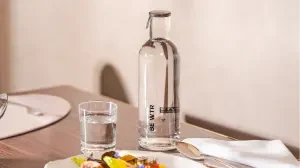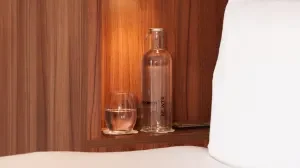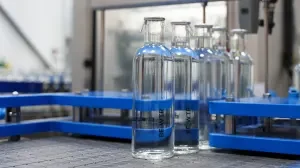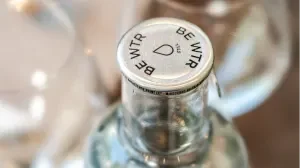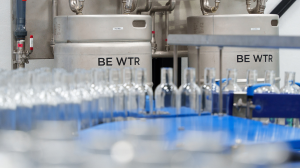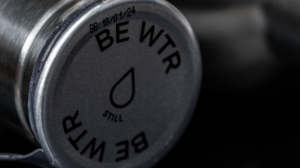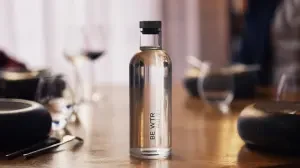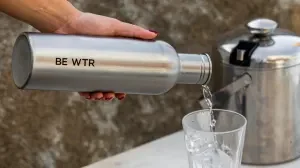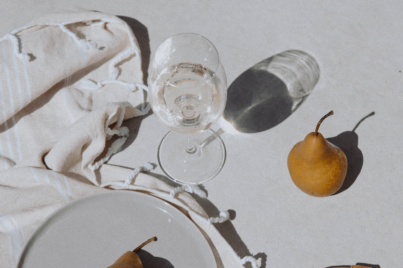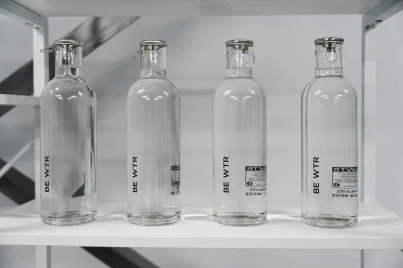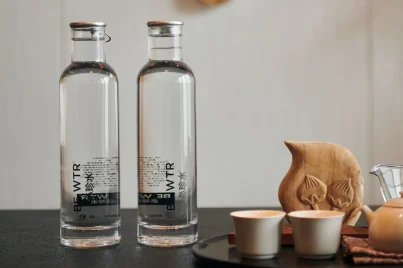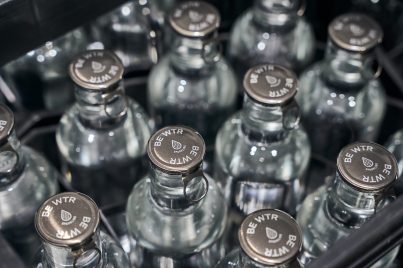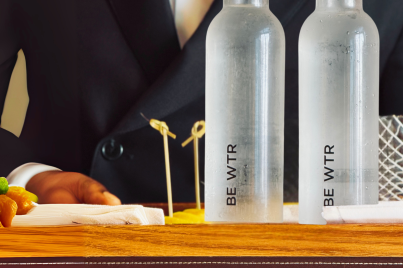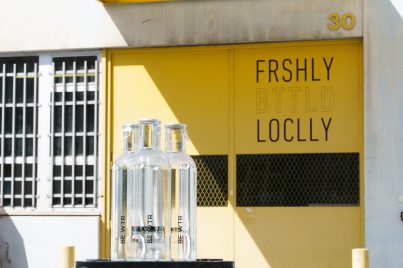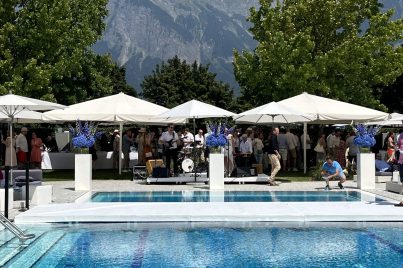#BE WTR News & Press Releases
Canadian Water Under Pressure: What You Should Know
03 September 2025, 13:32 GMT
By BE WTR
Montreal, like much of Canada, enjoys abundant freshwater, yet even this privileged supply faces emerging challenges. Research shows that the St. Lawrence River and surrounding waterways contain trace amounts of persistent “forever chemicals” (PFAS), which conventional water treatment cannot fully remove. While current levels meet Health Canada guidelines, the cumulative impact of these pollutants highlights the importance of safe, high-quality drinking water. PFAS have been linked to potential health risks including cancer, reproductive issues, developmental delays in children, hormonal disruption, and increased cholesterol.
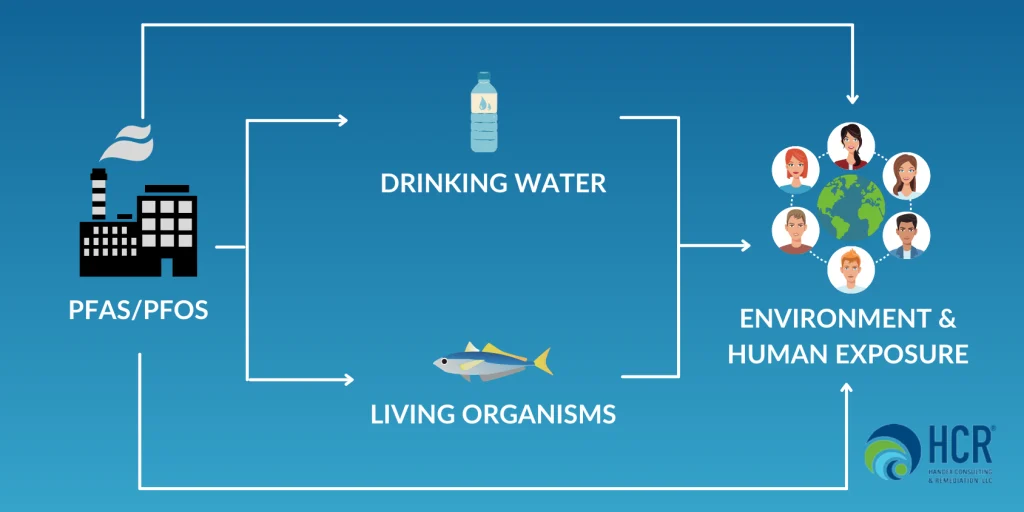
Water Quality in the St. Lawrence River
Montreal relies almost entirely on the St. Lawrence River for its drinking water, drawing around 1.3 billion liters daily for its two million residents. This vital source, however, is under growing scrutiny. Sébastien Sauvé, a leading PFAS researcher, found median PFAS concentrations of 15 ng/l in tap water from the St. Lawrence, compared to just 4 ng/l in the rest of Canada.
Beyond these “forever chemicals,” the St. Lawrence River, a key commercial waterway linking the Great Lakes to the Atlantic, is also under pressure from other environmental stressors that affect overall water quality.
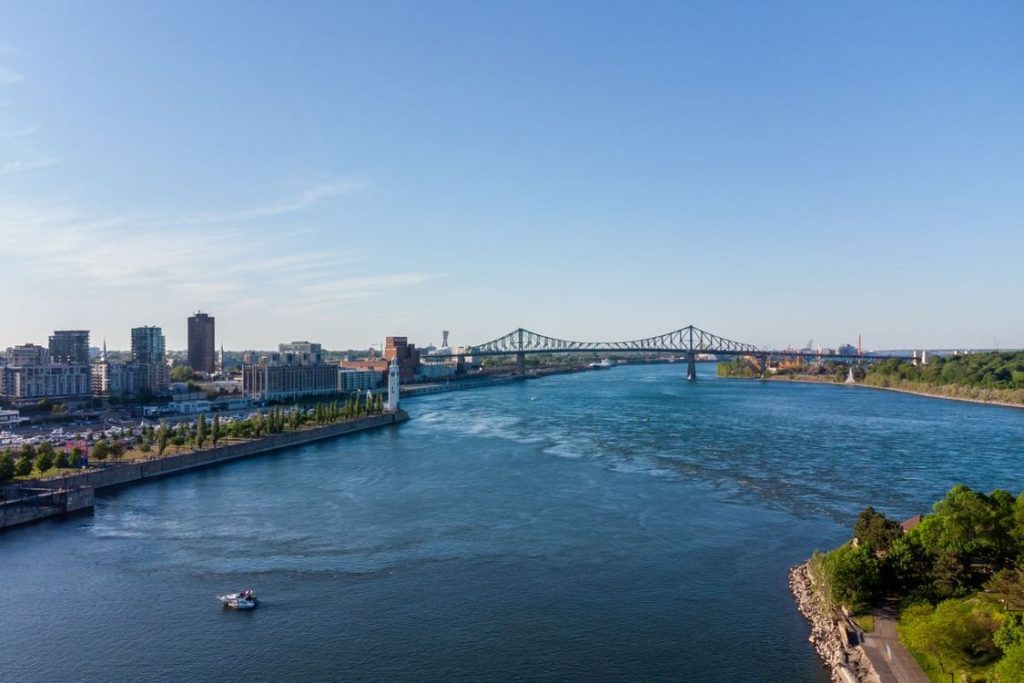
- Microplastics: Globally, microplastics are present in 83% of tap water. Alarmingly, the St. Lawrence River ranks among the world’s most microplastic-contaminated waterways.
- Nutrient pollution: Between 2017 and 2019, high levels of phosphorus and nitrogen contributed to a “poor” water quality rating for the river.
- Pesticides: Atrazine, a common agricultural herbicide, was detected above Health Canada’s safe limits in Montreal and Toronto tap water in 2017.
- Recent trends: From 2021 to 2023, water quality in the St. Lawrence River region has been rated from “fair” to “poor” in areas between Montreal and Quebec City.
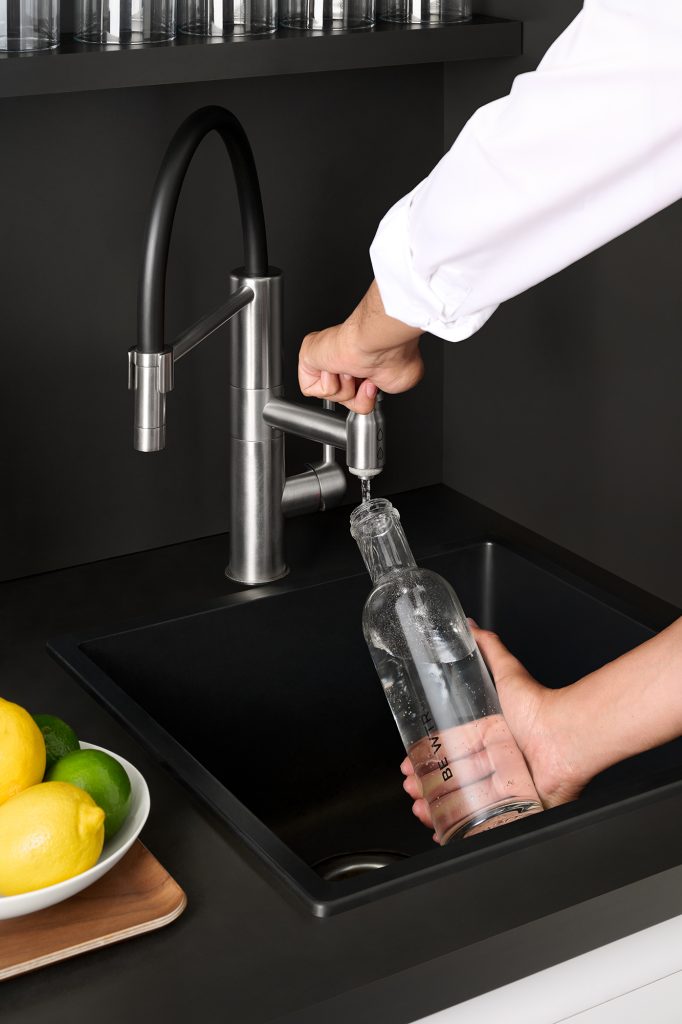
This is where BE WTR makes its mark
Its Swiss-patented filtration system removes pesticide residues, PFAS, chlorine, and harmful metals, delivering water that is silkier, smoother, and noticeably better tasting than tap water. Beyond purity, BE WTR’s city-based bottling in reusable glass reduces plastic waste and transportation emissions—an environmentally responsible solution for a city relying on stressed waterways.
BE WTR Arrives in Montreal : Redefining Water Quality
With its arrival in Montreal in June, BE WTR sets a new benchmark for urban water: safe, sustainable, and sophisticated. In a world facing growing environmental pressures, choosing water wisely has never been more important.
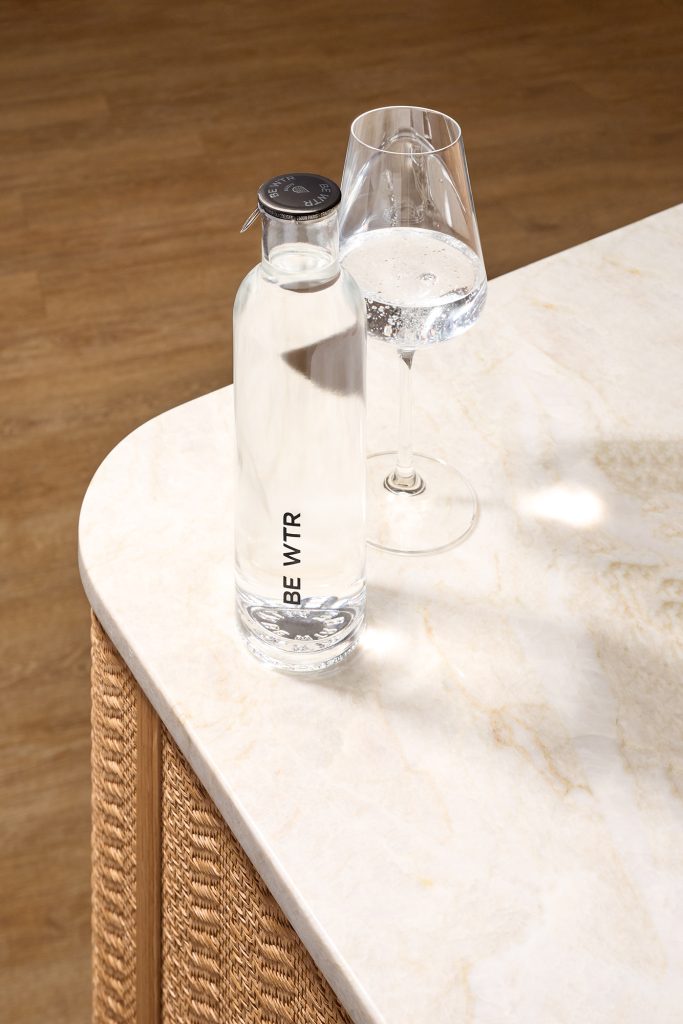
Learn more about BE WTR
The first sustainable premium water.
